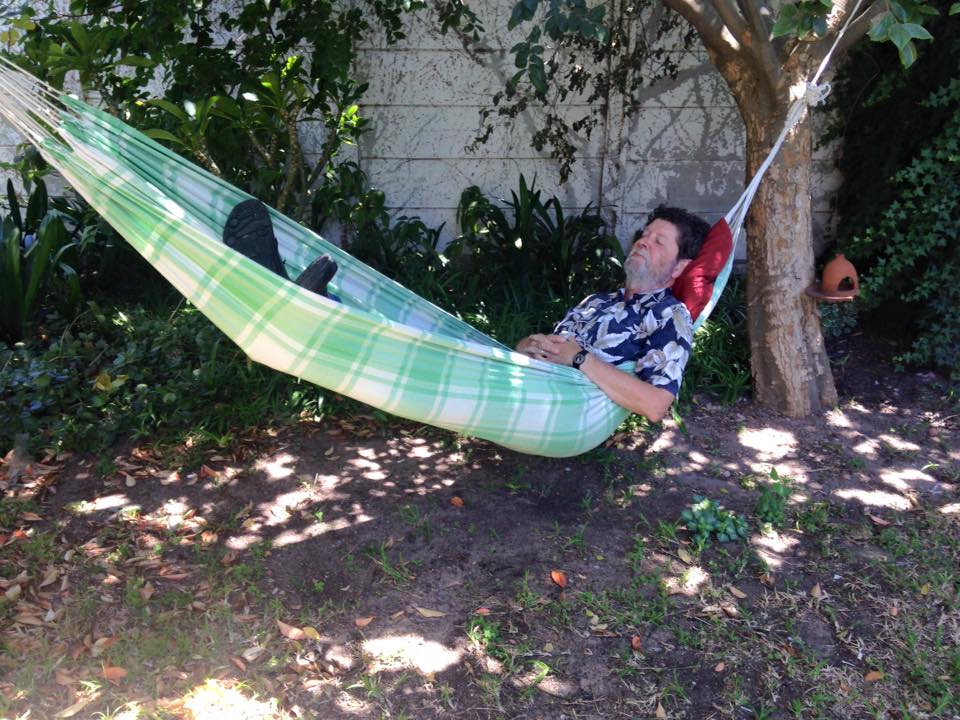
Starting today, December 10, Women In and Beyond the Global will take a one-month break, returning January 10. To all our readers, writers, collaborators and detractors, have a great and festive holiday season.
For Women In and Beyond the Global, it’s been a signature year. We began in January with pieces on indigenous women in Canada; women activists in Zimbabwe; reflections on the assault on Charlie Hebdo in, and beyond, Paris; reflections on police accountability and #BlackLivesMatter; and something on #BringBackOurGirls and the implications of our responses to the abduction and violence against women and girls in Chibok, Nigeria … and that was just the first week.
We end the year with a piece on transgender women prisoners in the United Kingdom and Canada; a reflection on women, climate change and women’s power in the Netherlands and across Europe; a reflection on Afghanistan’s response to Europe’s response to Afghan refugees; a critique of Switzerland’s banning the burqa … and Muslim women more generally; and a piece on Greek women rejecting and resisting austerity regimes.
Thanks to our writers and readers for your contributions, engagements, and insights with Women In and Beyond the Global this calendar year. Thirty-one people wrote over 200 pieces this year, which for us is quite an accomplishment. Thanks to your great work and labor, our readership grows, and, more importantly perhaps, the conversations grow and connect. We’ve also branched into Radio WIBG, an occasional series of audio files, and next year are looking forward to a video series as well. Finally, we’ve begun new partnerships, in particular with 50/50 magazine, in France, and deepened others, especially with Rape Crisis Cape Town Trust Fund, in South Africa. We look forward to more exciting collaborations next year.
Let’s do more than hope the end of this year and the entirety of next brings peace with justice and love. Let’s do more; let’s make it happen, step by step, prison by prison, household by household, and beyond.
